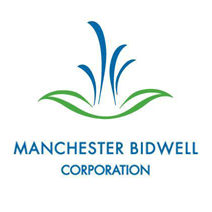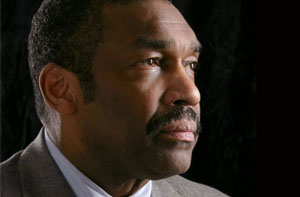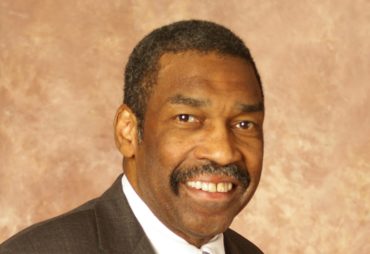
Manchester Bidwell Corporation has a simple philosophy – environment shapes people’s lives. By constructing an empowering atmosphere of art, light, and music, and through the work of a staff that strives to realize the genius in everyone, the organization enables its students to become productive members of society. Manchester Bidwell’s diverse programming combines to create empowering educational environments for adults-in-transition as well as urban and at-risk youth, enriching southwestern Pennsylvania and, eventually, the world. Manchester Bidwell combines many seemingly disparate elements—adult career training, youth arts education, jazz presentation, orchid and flora sales—into a dynamic whole with a proven record of positively changing the lives of underserved populations in Pittsburgh and the surrounding region. The Corporation encompasses a wide range of affiliated organizations, including a horticultural training center, arts programs for youth, and a career center for adults in transition. Their National Center for Arts and Technology is dedicated to spreading Manchester Bidwell’s educational model across the United States and around the world.
Arts and career education in a beautiful, professional environment fosters inspiration and the development of life skills.
Demonstration and Independent Replication Local leaders create Centers for Arts and Technology in their own communities.

Co-Founder and Executive Chairman, Manchester-Bidwell Corporation
Bill Strickland was a struggling high school student in Manchester, a Pittsburgh neighborhood devastated by the steel industry’s decline, when he met Frank Ross, a ceramics art teacher who became his mentor and friend. Ross taught him about clay and introduced him to jazz and the architecture of Frank Lloyd Wright. Bill was inspired to “bring that light into my neighborhood to people who deserve it as much as anybody else, and who would respond to it as wholeheartedly and creatively as anybody else.” In 1968, Bill founded Manchester Craftsmen’s Guild (MCG) to offer an arts program and exhibition space. In 1971, he assumed leadership of the Bidwell Training Center (BTC), a vocational training program. In 1986, a new 62,000-square-foot facility opened with art and recording studios, computer classrooms, a music hall, and an industrial kitchen. Manchester-Bidwell Corporation holds and operates these and other subsidiaries, which are nationally recognized models.


